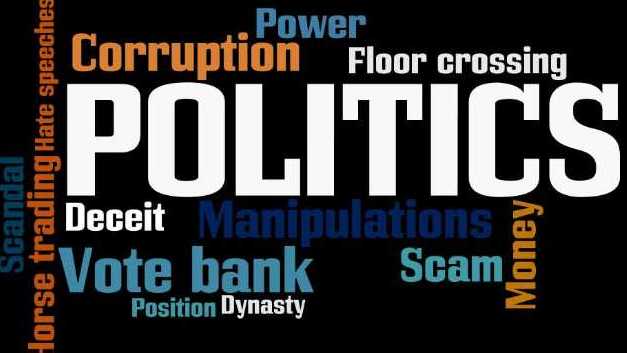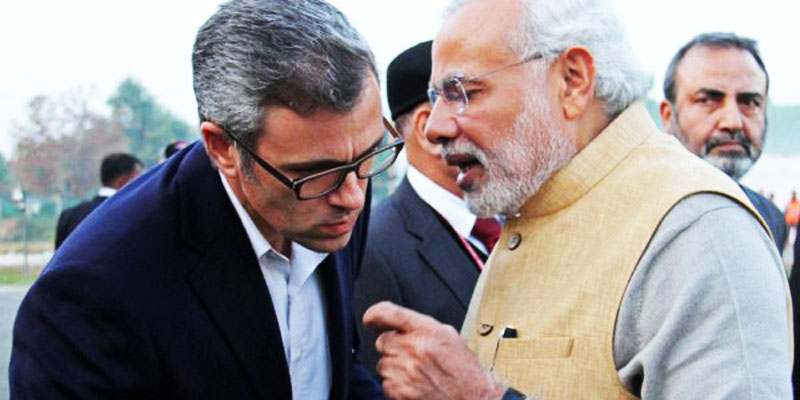Politicians are all for teaching youth about politics this season.
If politics is all about coded language and tough jargons for youth, our politicians are all for teaching them the sacred alphabets this season. While the start of the week saw alphabet “A” put to use by the Rajya Sabha chairman, vice president Hamid Ansari, the wonderful use of alphabet “F” by Congress party member Digvijay Singh saw the end of it.
Let us first get introduced to the two words doing rounds on the google:
A for Anarchist
Noun- a person who believes in or tries to bring about anarchy
Adjective– relating to or supporting anarchy or anarchists
Origin- mid 17 century: from Grek anarkhos ‘without a chief’
Anarchism is a political philosophy that advocates stateless societies based on non-hierarchical free associations. Anarchism holds the state to be undesirable, unnecessary, or harmful. While anti-statism is central, some argue that anarchism entails opposing authority or hierarchical organization in the conduct of human relations, including, but not limited to, the state system.
The vice president used the famous word while trying to calm down the upper house. While the BJP members were protesting against Robert Vadra, some of the ruling party members were continuing their protest against the creation of Telangana. The vice president losing his temper over the proceedings being disrupted (not the first time I tell you) called the honourable members of the house “anarchist”. Well, this is what can be inferred from his statement, “If the honourable members wish this house to become a confederation of anarchists, then its all right…”
And as it was obvious, the next was the protest against the use of the word itself. Poor vice president had to bear the wrath of the MPs who was presiding over the next session.
BJP member Arun Jaitley demanded the word be withdrawn as it was “unparliamentary”. The next job at hand for the government should be making an online version of 900 page book “Unparliamentary Expressions” available soon. Afterall, what are the MPs going to do with their new tabs and laptops?
The latest class has been conducted by none other than our ever enthusiastic, master of political jargons, Congress member Digvijay Singh. He called Gujarat chief minister Narendra Modi a “fascist” for simple sloganeering.
Let’s have a look at the word made famous by none other than Hitler.
F for Fascist
Noun- an advocate or follower of fascism
Adjective- of or relating to fascism
Fascism is a form of radical authoritarian nationalism that came to prominence in early 20th-century Europe. Fascists seek to unify their nation through a totalitarian state that promotes the mass mobilization of the national community, relying on a vanguard party to initiate a revolution to organize the nation on fascist principles. Hostile to liberal democracy, socialism, and communism, fascist movements share certain common features, including the veneration of the state, a devotion to a strong leader, and an emphasis on ultranationalism and militarism. Fascism views political violence, war, and imperialism as a means to achieve national rejuvenation and asserts that stronger nations have the right to obtain land and resources by displacing weaker nations.
Trying to nudge the secular plank, Singh slammed Modi as “fascist” for a slogan sounding similar to poverty eradication ones “Congress-mukt Bharat”. Calling out all the non-BJP parties, Singh has been reported to demand a reply from them on microblogging site twitter.
Whatever others may make out of it, one thing is apparent by the inane choice of words that the politicians do care about the youth of the country. Take for example Mamamta Banerjee who ends up calling all her rivals and critique Maoists.
Although it is not clear how much value these lessons will add to the already conscious youth of the country, hope it is better than the “neutral” Rahul Gandhi which is actually no choice in politics.





